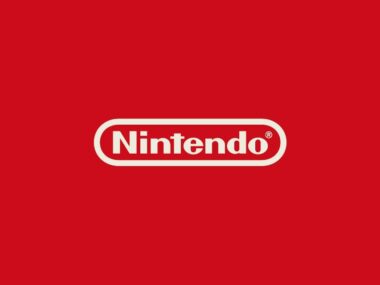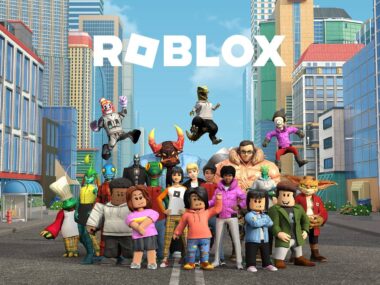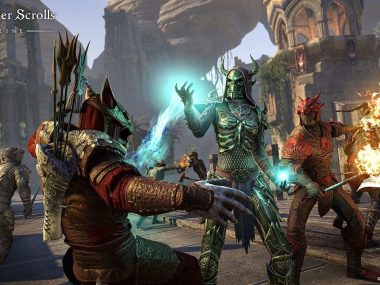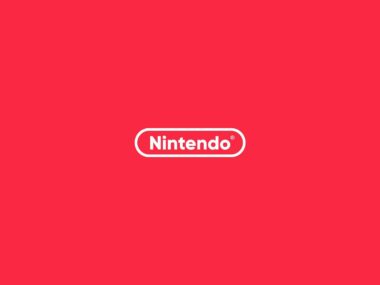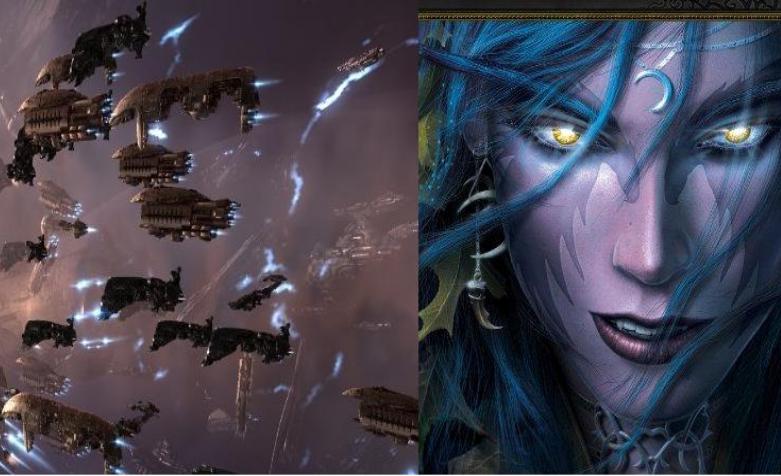Why Is Pete Hines Still Talking About Game Pass?
Bethesda’s former VP of publishing, Pete Hines, has been unusually vocal about subscription services, specifically Xbox Game Pass. His recent comments highlight a concern that subscriptions can undervalue creative work, shifting focus from sales to metrics like “minutes played.” He points to industry layoffs and cancellations, such as Microsoft’s decision to cut projects like Blackbird, as part of a short-sighted, subscription-first strategy.
What stands out is how fixated Hines seems to be on Game Pass. He’s not railing against Steam, Epic, or PlayStation Plus. His crosshairs are locked on Microsoft’s service. Game Pass remains popular with consumers and profitable for Xbox, with an estimated $5.5 billion in revenue expected in 2025 (roughly 35% of Xbox’s gaming business).
So why does he keep circling back to it?
The Problem With Hines’ Framing
To be clear, Hines has not proven that Game Pass caused layoffs or cancellations. What he has argued is that subscription-first economics push publishers toward “safe” projects that fit into the service model, while riskier or more ambitious games, like a massive new MMORPG, are less likely to survive.
This is where his argument feels more like a rant than a reasoned critique. Market conditions already make MMORPGs extremely difficult to sustain. Even established live service games struggle to keep their audiences. Consumers now know they don’t own these games and that they can vanish overnight. Microsoft canceling Blackbird might have been less about Game Pass and more about hard economic reality. In other words, they didn’t want to make Sony’s mistake of backing expensive service titles that couldn’t hold an audience.
That’s not a subscription problem. It’s a market problem.
Do Developers Really Lose Out on Game Pass?
Hines raises another concern: compensation. Developers on Game Pass often get paid a flat fee, or deals tied to engagement metrics, rather than benefitting from huge sales upside if their game becomes a breakout hit. That’s a valid point. In the sales-driven era, a hit could fund bonuses, expansions, and even new studios. Under subscription, that upside is capped.
Here’s the flip side: Game Pass can fund entire projects upfront, giving small studios guaranteed revenue and the freedom to take creative risks. It provides exposure most indie devs could never afford on their own. In fact, many say their deals were more than fair and helped their games succeed.
So while the “wage slave” argument has some truth for first-party or salaried studios, independent developers often see Game Pass as the very thing that keeps their lights on.
The Consumer’s Perspective
From the consumer side, Game Pass isn’t the boogeyman. It’s value. Day-one releases for a flat monthly price have made gaming more accessible. Players still buy games elsewhere too. Team Cherry’s Hollow Knight: Silksong launched on Steam for $19.99 and was a day-one Game Pass title. Over half a million people picked it up on Steam alone, proving Game Pass doesn’t kill sales when the game is priced right and offers genuine quality.
That’s the point Hines seems to miss: consumers reward quality. Lately, AAA releases have been buggy, unfinished, and overpriced. If publishers want to point fingers, maybe they should start with themselves.
The Bigger Question
Is Game Pass the enemy of creativity, or just the newest business model? The truth is more complicated than Hines makes it sound. Subscription services do change incentives, and that can be risky for ambitious projects. They also fund games that might never have been made otherwise.
If developers don’t like the terms, they don’t have to sign on. If AAA publishers don’t want their games on Game Pass, they can sell them directly. Consumers will always pay for quality: bug-free, finished, fairly priced games. That’s the real issue here, and no subscription service changes that fact.
Pete Hines’ frustrations reflect real industry anxieties, but his focus on Game Pass misses the bigger picture. The service is profitable, consumers love it, and for many developers it’s a lifeline. The real problem isn’t subscription. It’s quality. If developers want to win, the answer isn’t ranting about Game Pass. It’s making games worth buying.

